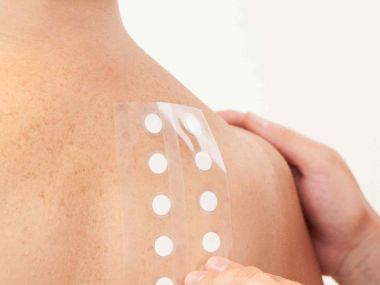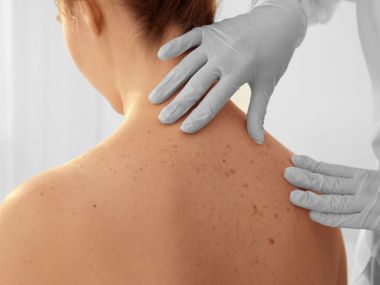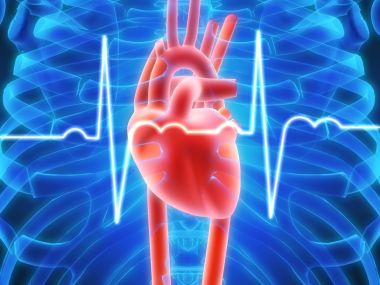"Specialist in dermatology and venereology" - this term refers to specialists for skin and venereal diseases. Although these are two different medical fields, they are grouped together: Venerology is not considered an independent field of medicine.
Dermatology focuses on diseases of the skin and mucous membranes. These include the so-called appendages - i.e. hair, nails and glands. The respective specialists deal with benign and malignant tumors such as warts and moles, skin cancer and malignant melanoma. The spectrum of dermatologists also includes allergic skin reactions, psoriasis, hives and shingles. Esthetic dermatology is another area of expertise, which deals with facelifts or wrinkle injections - in contrast to skin transplants after burns. Here, dermatologists definitely come into contact with the field of plastic surgery.
With the field of venereology, the specialist expands his range of services to include the diagnosis and therapy of venereal diseases - i.e. sexually transmitted infectious diseases. These can be caused by bacteria, viruses, parasites or fungi, but almost always via the skin, which is why venereology is also considered part of dermatology. The most common diseases here are syphilis, gonorrhoea and the pubic louse. HIV infections are also treated by dermatologists and venereologists.







